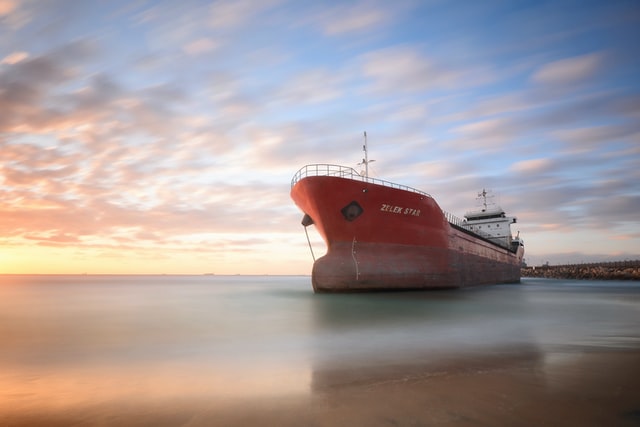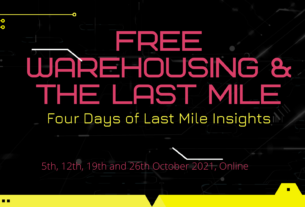BSR established Clean Cargo nearly 19 years ago to help tackle the hard to abate maritime shipping sector. Clean Cargo has grown to over 80 shipper, carrier and freight forwarder members, representing major freight buyers and over 85 percent of the global container cargo carried worldwide. Since inception, the collaborative initiative has focused on reporting, decarbonization, and best practice sharing. Now, the Clean Cargo methodology for carbon dioxide emissions calculations is the global standard in the ocean container shipping sector, helping freight carriers track and benchmark their performance and easily report to customers in a standard format.
Clean Cargo data also enables shipping customers to review and compare carriers’ environmental performance and make informed buying decisions. More than 95 percent of freight buyer members use the Clean Cargo tools and data to make informed procurement decisions. Between 2015 and 2019, CO2 emissions per container carried have dropped by 9.6 percent, indicating that Clean Cargo members are making progress towards meeting the target set by the International Maritime Organization (IMO) of halving CO2 emissions from shipping by 2050.
“BSR is proud to have nurtured Clean Cargo through its infancy and into maturity; now, it is time for Clean Cargo to move into its next life stage at Smart Freight Centre (SFC). BSR could think of no better home to continue growing Clean Cargo than the current home of the Global Logistics Emissions Council and the GLEC Framework. Becoming the industry standard for reporting took many years but advancing the granularity and technicality of it will require SFC’s years of expertise and specific skillset in freight emissions calculations.”
– John Hodges, Vice President for Infrastructure and Finance, BSR

The transition has been a conversation supported and driven by member companies.
“Maersk is a strong supporter of Clean Cargo. By transitioning Clean Cargo into the Smart Freight Centre we believe we can maximize and scale the impact of the group, ensure better alignment between other initiatives such as GLEC as well as forming a stronger group,”
– Mads Stensen, Senior Sustainability Director, Maersk
“We are extremely pleased to welcome Clean Cargo Members to Smart Freight Centre. SFC has a long track record in providing a variety of initiatives associated with logistics related greenhouse gas emissions calculations and reporting. Clean Cargo is a well-respected buyer-supplier collaboration for containership greenhouse gas emissions reporting, therefore very complementary to SFC’s current growth strategy. We are thankful Clean Cargo chose SFC to become their next “home” and look forward to bringing our members a new level of collaboration at SFC.“
– Olivier Corvez, Executive Director, Smart Freight Centre
Over the next few years, BSR and SFC hope to see a more modernized Clean Cargo reporting methodology and smooth integration into alignment with the Sustainable Freight Buyers Alliance. This is the first step towards multimodal freight decarbonization achievable only through collaboration, demand pooling, and refined carbon reporting. Clean Cargo has a bright future ahead and BSR and SFC foresee extensive partnership and continued collaboration.

